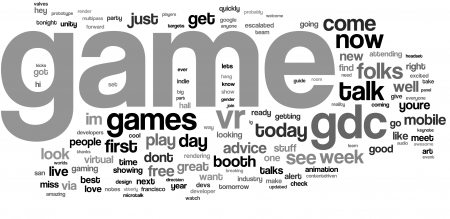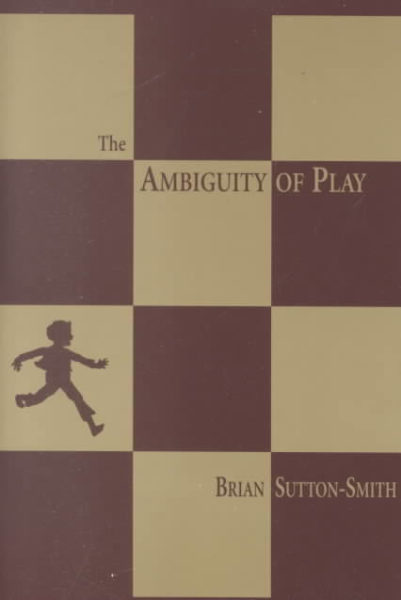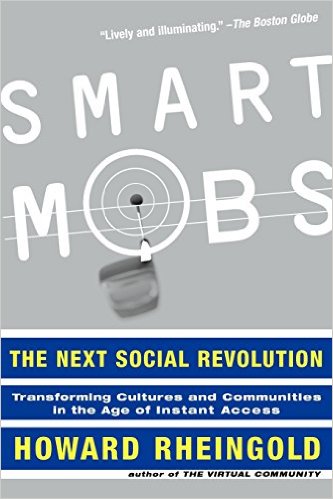For theory!
The Journal of Games Criticism is proud to announce the publication of its first special issue, edited by Aaron Trammell and Zack Lischer-Katz. Adapted from the Extending Play: The Sequel conference held at Rutgers University in 2015, this issue’s articles and interviews consider matters surrounding sequels and repetition in the world of video games and their study. The issue is available at http://gamescriticism.org/issue-3-a and the full list of articles is listed below.
Considering the Sequel to Game Studies… by A. Trammell & Z. Lischer-Katz
The Extending Play conference at Rutgers University in 2015 underlined the importance of sequels and repetition to games and their study. Here the editors discuss these themes and introduce the interviews and articles that were adapted from the conference for this bonus issue.
The Replication of Ideology: An Interview with Adrienne Shaw and Marcus Boon by Melissa Aronczyk
Shaw and Boon examine the iterative and repeating forces of ideology that work within games as a culture industry and play as a cultural practice. They discuss the importance for scholars to take these visible and invisible forces of power into account within the study of games.
Liberating Play: An Interview with Anna Anthropy and Miguel Sicart by A. Gilbert
Anthropy and Sicart discuss the centrality of games within the discipline of game studies and consider how lessons learned from play studies might curb stagnation in the field.
Hanging in the Video Arcade by S. Tobin
This paper decenters play and the player in the arcade by exploring another subject I call hangers. It explores the genealogies of player control, engagement and the policing of play practices in the American video arcade in the 1980s.
Assessing Mass Effect 2 and Elder Scrolls V: Skyrim: Using Collaborative Criteria for Player Agency in Interactive Narratives by L. Joyce
This paper first establishes the criteria necessary to construct a digital interactive narrative game that contains both narrative agency and ludic agency before considering those criteria against two interactive narrative games: Mass Effect 2 and Elder Scrolls V: Skyrim.
Imperialism in the Worlds and Mechanics of First-Person Shooters by A. Patel
This paper focuses on two highly popular first-person shooter games, Far Cry 2 and Far Cry 3, and examines how elements of their game worlds and mechanics reinforce (and disrupt) imperialist narratives.
Ludic Spolia in Sid Meier’s Civilization: Beyond Earth by E. McNeil
Using the art historical term spolia as a launching point, McNeil explores the reuse of gaming mechanics and visuals from Sid Meier’s Civilization V in Sid Meier’s Civilization: Beyond Earth. She argues that this reuse was both practical and perhaps unintentionally subversive.
A Proceduralist View on Diversity in Games by G. Smith
Looking at diversity and inclusion through a proceduralist lens allows us to more deeply analyze current games, as well as prompt new questions and avenues for technical and design research.
JGC (ISSN: 2374-202X) is currently seeking submissions from game developers, designers, bloggers, journalists, and scholars for its Summer/Fall 2016 issue. This issue’s submission deadline is August 1, 2016 and will be published on October 8, 2016. We accept articles, book reviews, experimental game reviews, and letters to the editor for review. Our submission guidelines are available at http://gamescriticism.org/submissions/.


 There is a change in our primary conceptions of playing, and game-playing. In Brian Sutton-Smith’s Ambiguity of play, he lists 7 common rhetorics of play, meaning 7 common ways in which play is framed.
There is a change in our primary conceptions of playing, and game-playing. In Brian Sutton-Smith’s Ambiguity of play, he lists 7 common rhetorics of play, meaning 7 common ways in which play is framed. But now it seems we are in a darker place. This became clear to me when I rediscovered Howard Rheingold’s 2002 book Smart Mobs. Compared to this book, there is a distinct dystopian feeling now. We rarely discuss internet or game culture as something positive.
But now it seems we are in a darker place. This became clear to me when I rediscovered Howard Rheingold’s 2002 book Smart Mobs. Compared to this book, there is a distinct dystopian feeling now. We rarely discuss internet or game culture as something positive. k from the 2016 DiGRA/FDG conference in Dundee, here is the paper I gave on using design patterns to understand video game history:
k from the 2016 DiGRA/FDG conference in Dundee, here is the paper I gave on using design patterns to understand video game history: